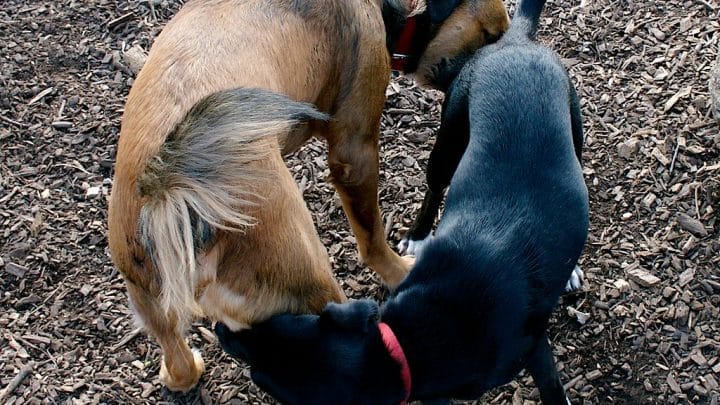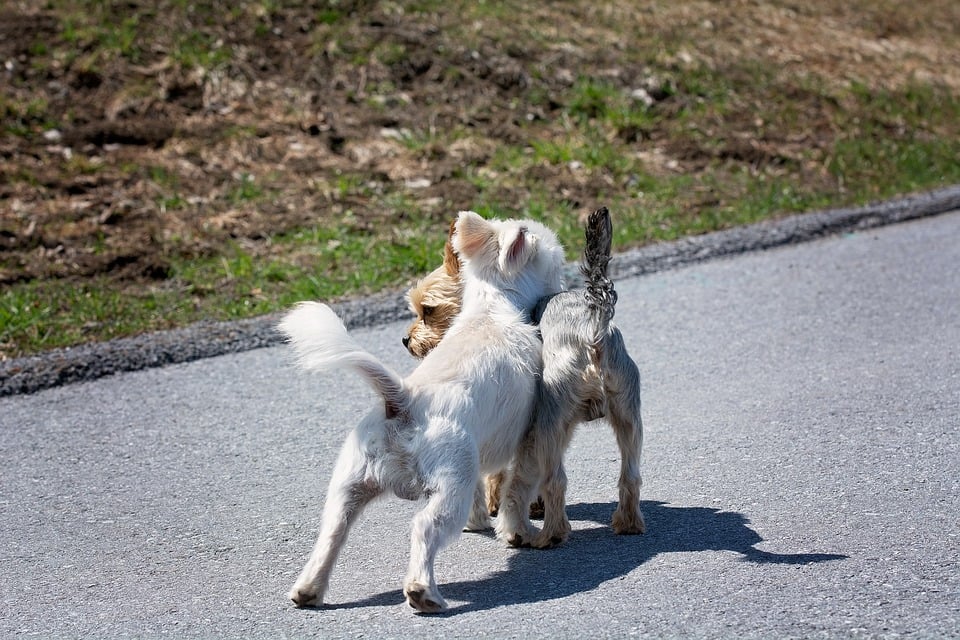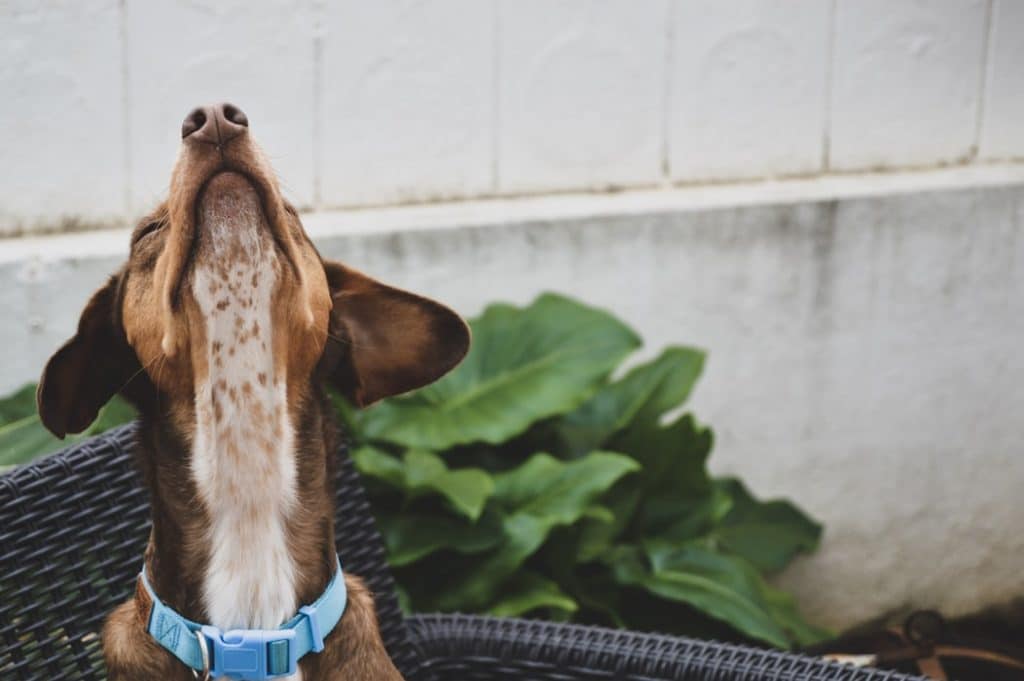- Not a substitute for professional veterinary help.
You know you’re a dog owner when you’re talking—publicly, no less—about anal glands. It’s a (smelly) reality of having a dog in your life. I first discovered this when my puppy tripped down the stairs. He was okay but terrified—I ran to him, scooped him up, and was immediately engulfed by a terrible stench. It was…a surprise. I called our vet, and he explained: When a dog is startled, he’ll sometimes expel his anal glands. Anal-wha?
What are anal glands? Are my dog’s okay? And why does the backseat of my car smell like fish? We’re here to tell you everything you need to know and offer you tips to help your pooch through the discomfort of this sticky/stinky situation.
So…what’s an anal gland?
I’m glad you asked: These fragrant (read: stinky) sacs are located on either side of and below your dog’s anus. This eau de canine is distinct, identifying, and reveals your dog’s health, age, sex, and more juicy details to whoever sniffs it. When dogs smell each other’s bums? Yep, that’s what they’re rooting around for.
Why do dogs have anal glands?
Like we said above, anal glands excrete the heady, information-filled pheromones that inform other animals around them about their current state. It also helps dogs mark their territory when they poop, letting other dogs know that they were there. There are also some theories that state that anal gland secretions can act as a kind of lubricant to help dogs pass harder than normal bowel movements.
Are my dog’s anal glands healthy?
If your dog has good rectal health, his anal glands will most likely express/empty during a regular bowel movement. You probably won’t even notice—nature is running its course.
Occasionally, they may spontaneously empty in a stressful moment (a fight or sudden injury, for example). The result? A very strong, nasty odour.
Unfortunately, some dogs have anal glands that just don’t function as they should. This may be related to their genes, diet, or an illness or injury. Thankfully, there are safe and easy ways to help them with their discomfort.
How do I know if my dog’s having anal gland issues?
If your dog is biting at his behind, licking it excessively, releasing his glands at inopportune moments (rather than during a normal bowel movement), scooting along the grass, having uncomfortable bowel movements, or you notice red skin or pus around his anus, take him to the vet.
His anal glands may be the culprit—and if they’ve become impacted, they may require manual expressing.
Are you saying I need to get in there and…?
Well, yes and no. If your vet tells you your dog’s anal glands are impacted, you have a few options. Most commonly, you can inquire with your groomer about whether they offer anal sac expression. Yeah, it sounds a little funky, but it’s actually a routine element of dog grooming.
Alternately, you can bring your dog into the vet to express his glands. You can also ask your vet or groomer to teach you how to manually express/squeeze the fluid—though not terribly complicated, it is a smelly and delicate procedure, so be sure you’re well-versed in the process (and have your vet’s seal of approval) before you attempt this yourself.
In extreme instances, your vet may recommend removing your dog’s anal glands.
What do I do if my dog’s anal glands rupture?
It’s a scary, and gross, thought but in some cases, a dog’s anal glands are so full they can become infected and rupture. This is a painful, and urgent situation that requires a vet visit, and can be extremely unpleasant for everyone involved.
If your dog has an abscess or a swollen bump near their anal glands, it’s a good idea to have a vet check things out right away. This could prevent the glands from rupturing, and save your dog some discomfort.
If you don’t make it in time, you may want to read one dog parent’s experience when her Boston terrier’s anal glands ruptured in the middle of the night.
How can I ensure I never have to think about my dog’s anal glands again?
Most dogs’ anal glands take care of themselves, and when they don’t, a high fibre diet can help your dog weather many issues. It’s also a good idea to avoid any human food and keep an eye on your dog’s behaviour to spot any indicators that he’s uncomfortable.
Your dog’s anal glands are a big part of his identity—they’re responsible for his unique fragrance and his ability to mark his territory; they’re his first ‘hello’ to a new friend and a vital part of his health. Keep an eye out for possible ruptures or illnesses and encourage a healthy lifestyle, and your dog will be happily lifting his tail for friends in no time.
Further Reading
- True Story: My Dog’s Anal Glands Ruptured. Here’s What Happened Next.
- The Truth About Why Dogs Smell Everything
- The Secret History of Your Dog’s Nose
- Why Do Dogs Fart So Much?
___




